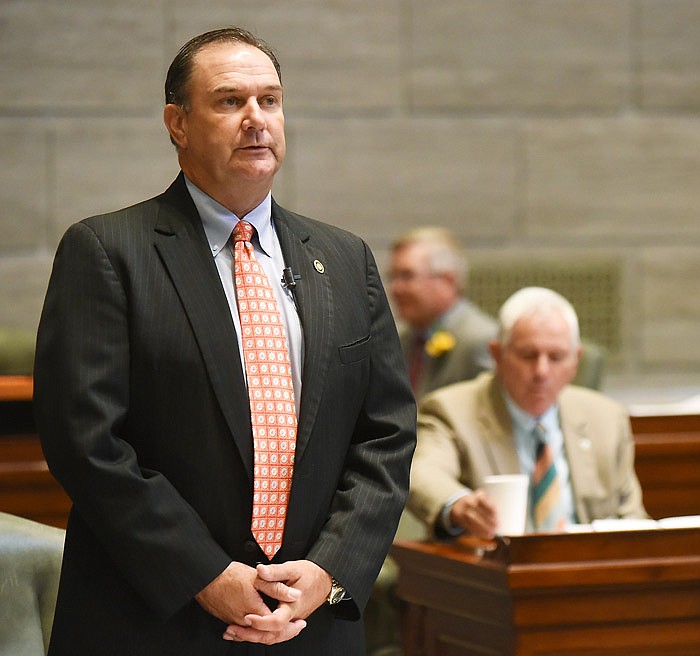Starting in January 2017, Medicaid recipients in Missouri can expect to be held accountable for the number of missed appointments they have in a three-year period.
Patients will be charged no more than $5 after the second missed appointment, no more than $10 after the third and $20 thereafter.
On Wednesday, the Missouri House and Senate overrode Gov. Jay Nixon's veto of the additional fees being imposed on patients. In the House, the bill passed 110-45, while the Senate voted 24-7 to override.
During the veto session, lawmakers said the bill would bring transparency and accountability to the health care system. The bill would require health care facilities to provide estimates of all services and procedures requested by patients in a window of three days or to make them available to patients online. Both elements of the legislation were heavily debated in both chambers.
"Patients will have the ability to be better stewards with their money" said Rep. Keith Frederick, R-Rolla. "You don't buy a Cadillac, when you can only afford a Chevy."
Frederick backed the veto override so patients will have access to information they need to make fiscally responsible decisions. "People want to know what it's going to cost," he said. "And if you can do it for the same quality and for lesser money that's what we should be doing."
Rep. Kip Kendrick, D-Columbia, said the bill would do nothing to drive down health care costs, therefore should be brought back to session next year.
"This is a Band-Aid on our own health care providers," Kendrick said. "There are a lot of disparities and costs to hospitals. If we're going to look at transparency, we should come back next year and have a larger discussion that will actually drive down health care costs."
In the Senate, Democrats believed the bill would be a burden on poorer populations across the state. Sen. Kiki Curls, D-Kansas City, was concerned about charging disabled individuals who depend on other individuals.
"It's one thing if you charge someone who has missed three consecutive appointments, but it's another thing to charge someone who may have missed an appointment then not miss another appointment until six months further down the line," Curls said.
Both providers and patients will be expected to come up with a system that will uphold the new law in 2017.
"For those who we know are disabled," Curls said, "I think it's an unfair burden, particularly to a person who heavily depends on another person."

